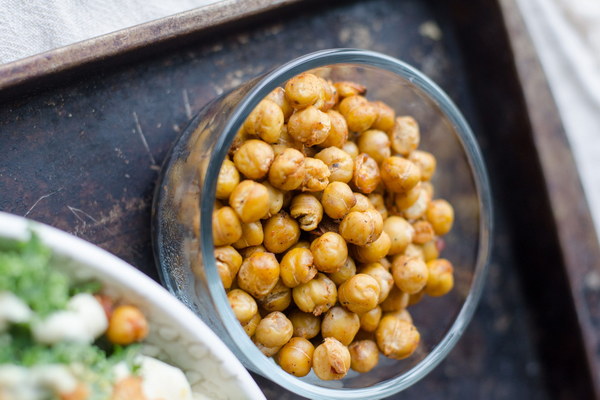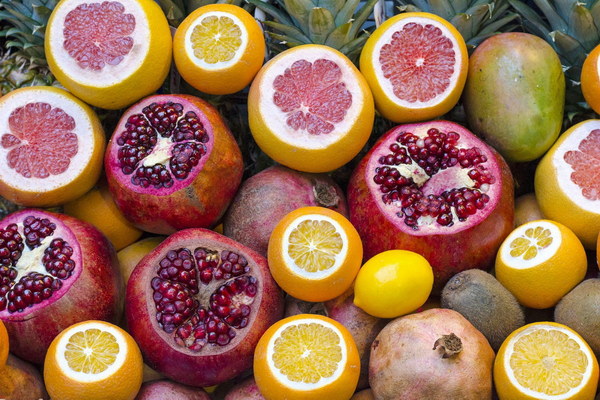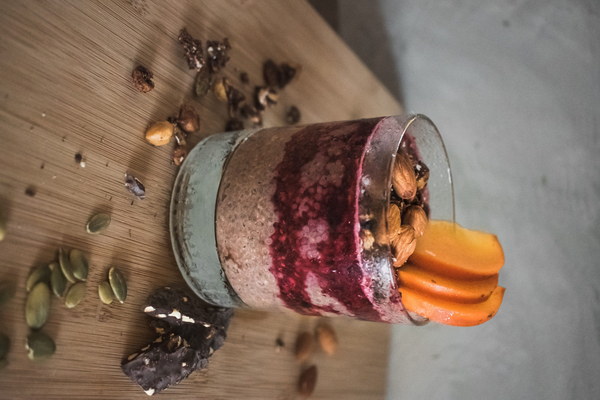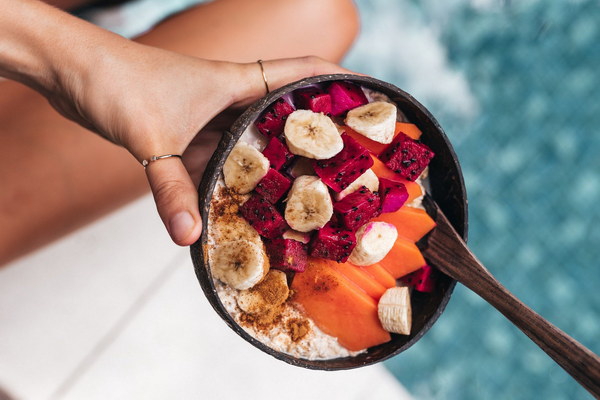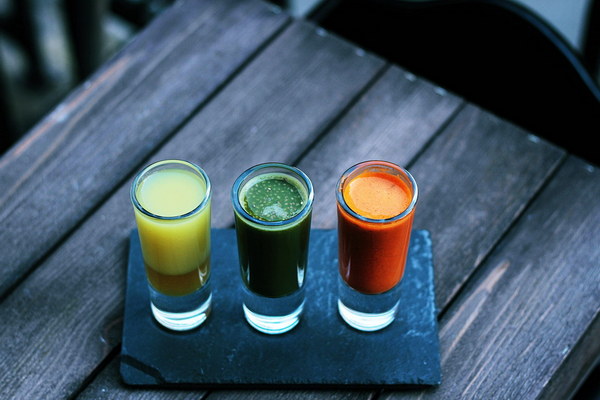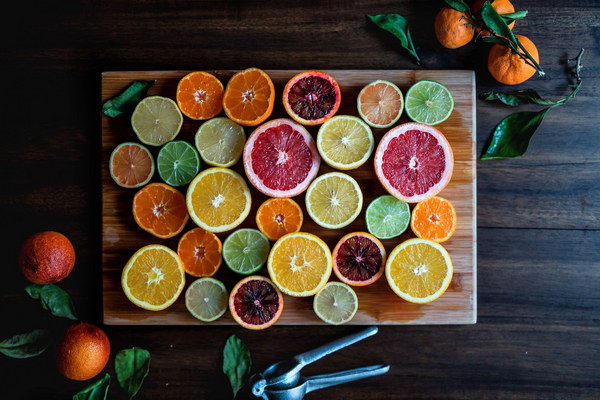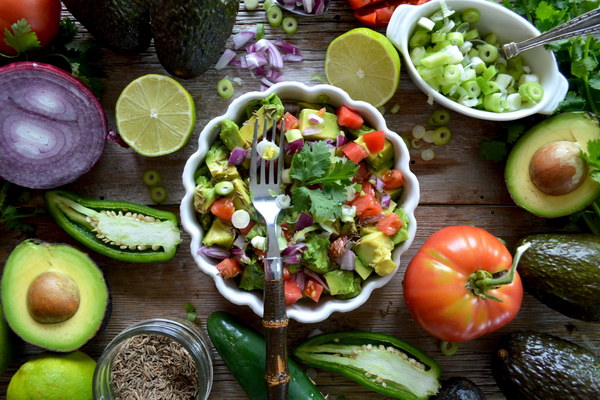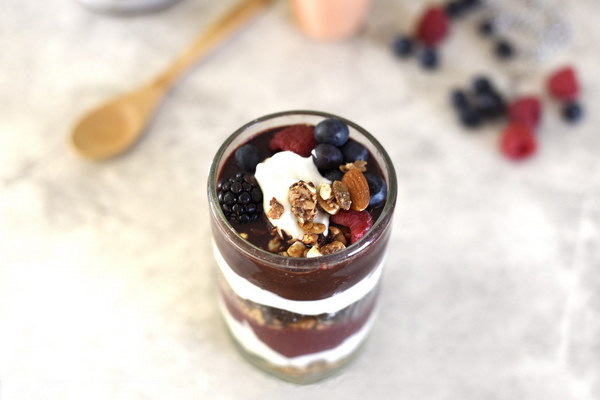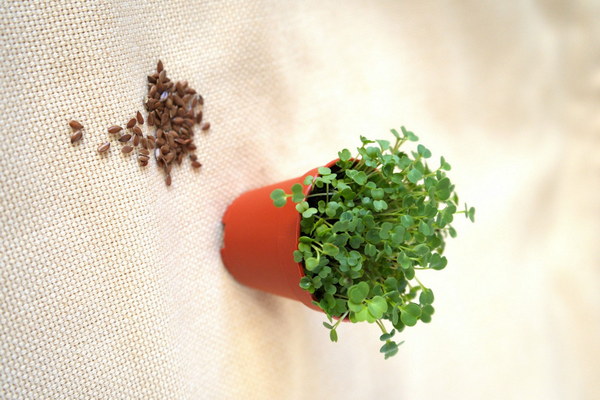Liver Low-Density Lesions A Comprehensive Guide to Dietary Remedies
Introduction:
Liver low-density lesions, often referred to as hepatic hypodense lesions, are areas of the liver that appear less dense on imaging studies. While many of these lesions are benign, it is crucial to monitor them regularly and maintain a healthy lifestyle to prevent complications. One of the most effective ways to support liver health is through proper nutrition. This article will explore various dietary remedies that can help manage liver low-density lesions.
1. Fatty Fish:
Fatty fish, such as salmon, mackerel, and sardines, are rich in omega-3 fatty acids, which have anti-inflammatory properties. These healthy fats can help reduce liver inflammation and improve liver function. Aim to consume fatty fish at least twice a week for optimal benefits.
2. Cruciferous Vegetables:
Cruciferous vegetables, such as broccoli, cauliflower, and Brussels sprouts, contain compounds called isothiocyanates, which have been shown to enhance liver detoxification. Incorporate these vegetables into your diet at least three times a week to support liver health.
3. Garlic:
Garlic contains allicin, a compound that has been found to reduce liver inflammation and improve liver function. Add garlic to your meals daily, either raw, cooked, or as a supplement.
4. Green Tea:
Green tea is rich in antioxidants and polyphenols, which can help reduce oxidative stress in the liver. Drinking one to two cups of green tea per day can provide significant health benefits for individuals with liver low-density lesions.
5. Avocado:
Avocado is an excellent source of monounsaturated fats, which can help reduce inflammation and improve liver function. Include avocado in your diet as a healthy fat source, such as in salads, sandwiches, or as a dip.
6. Beets:
Beets contain betalains, which have been shown to support liver health and improve liver function. Consuming beets regularly, such as in salads or juices, can help manage liver low-density lesions.
7. Artichokes:
Artichokes contain cynarin, a compound that can stimulate bile production and improve liver function. Adding artichokes to your diet, such as in soups or as a side dish, can help manage liver low-density lesions.
8. Nuts and Seeds:
Nuts and seeds, such as almonds, walnuts, chia seeds, and flaxseeds, are rich in healthy fats, antioxidants, and fiber. These nutrients can support liver health and reduce inflammation. Incorporate nuts and seeds into your diet as a snack or as an ingredient in recipes.
9. Legumes:
Legumes, such as lentils, chickpeas, and black beans, are an excellent source of plant-based protein and fiber. These nutrients can help reduce oxidative stress and inflammation in the liver. Include legumes in your diet at least three times a week.
10. Avoidance of Harmful Substances:
It is crucial to avoid harmful substances that can exacerbate liver inflammation and damage. This includes reducing alcohol consumption, avoiding tobacco smoke, and limiting exposure to environmental toxins.
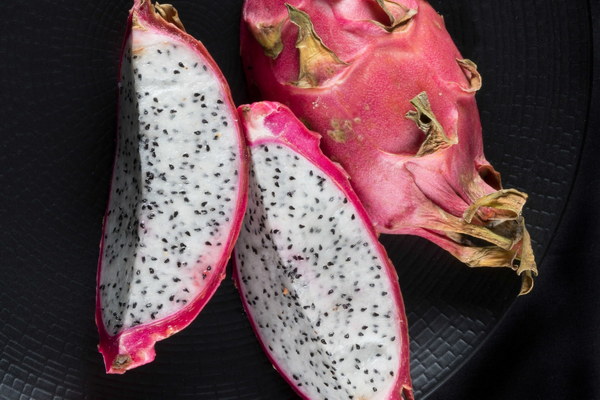
Conclusion:
Liver low-density lesions can be managed effectively through proper nutrition. By incorporating the above dietary remedies into your daily routine, you can support liver health, reduce inflammation, and improve overall well-being. Always consult with a healthcare professional before making significant changes to your diet or starting any new supplement regimen.
